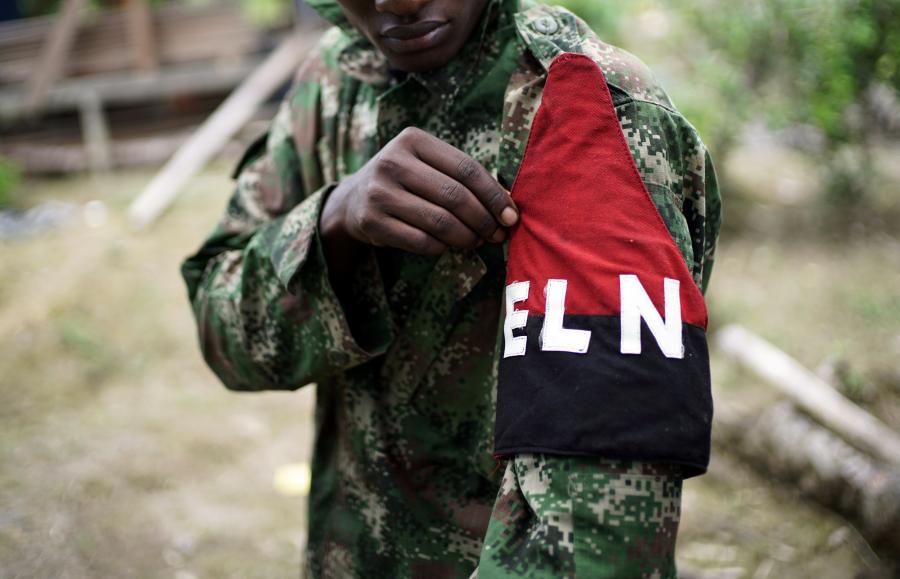
Colombia and the Marxist ELN rebels began a ceasefire on Sunday aimed at generating goodwill during complicated talks to end a half-century war that has killed hundreds of thousands.
The truce, the first with the National Liberation Army (ELN), will run through Jan. 9 and may be extended if it is respected.
“This is a very important step, a step that I hope will be the first in a process that will also lead the ELN to hand in their weapons,” President Juan Manuel Santos said ahead of the armistice.
The ELN is in talks in Ecuador to end its part in the conflict. Since negotiations began in February, the ELN has continued to take hostages for ransom and in recent weeks stepped up bomb attacks on oil companies.
Defense Minister Luis Carlos Villegas warned that, although Colombia’s military would avoid confrontations with the ELN during the ceasefire, it would go after the group if it engaged in criminal activities such as illegal mining and drug trafficking.
“We’ll respect the ceasefire in the sense that we won’t confront the ELN, looking for contact and combat. We hope they do the same,” Villegas told Reuters in a recent interview.
“Our mission to pursue crime will be maintained throughout the nation without exception.”
Despite the ceasefire, the road to a definitive peace accord will be long and complex. The ELN is considered hard-line in its ideology and was not known for compromise during past attempts at peace.
Inspired by the Cuban revolution and the Liberation Theology beliefs of the Catholic priests who founded it in 1964, the 2,000-strong ELN has sought an end to the war before, holding talks in Cuba and Venezuela between 2002 and 2007.
Both attempts collapsed with little progress.
The ELN is considered a terrorist group by the United States and European Union for engaging in kidnapping, assassinations, drug trafficking, attacks on economic infrastructure and extortion of oil and mining multi-nationals.
During the ceasefire, the insurgent group has pledged to suspend hostage taking, attacks on roads and oil installations, the use of landmines and the recruitment of minors. In turn, the government agreed to improve protection for community leaders and conditions for about 450 jailed rebels.
Santos’s government signed a peace deal with the larger Revolutionary Armed Forces of Colombia (FARC) in 2016 after negotiations in Havana, Cuba that lasted four years.




